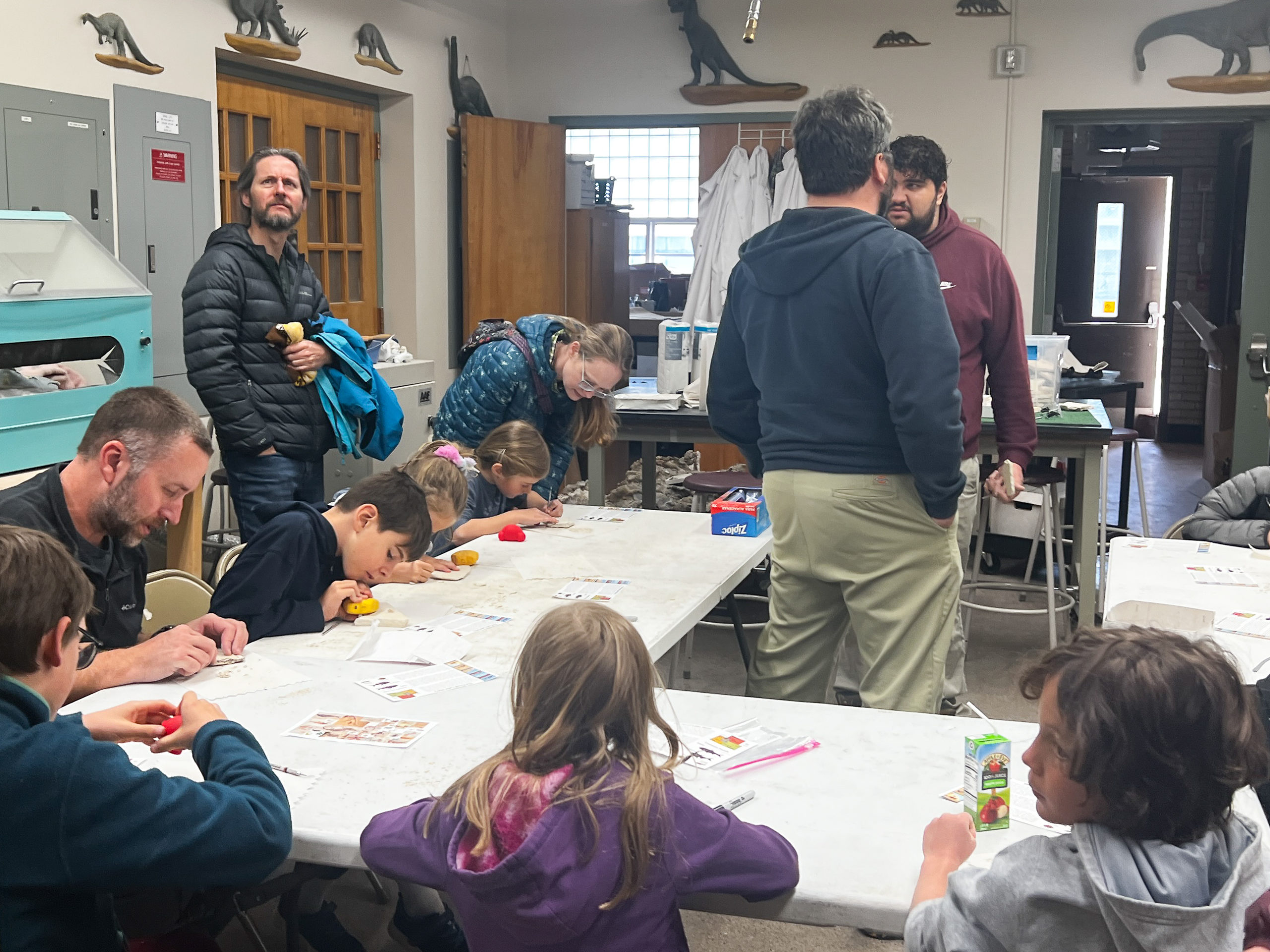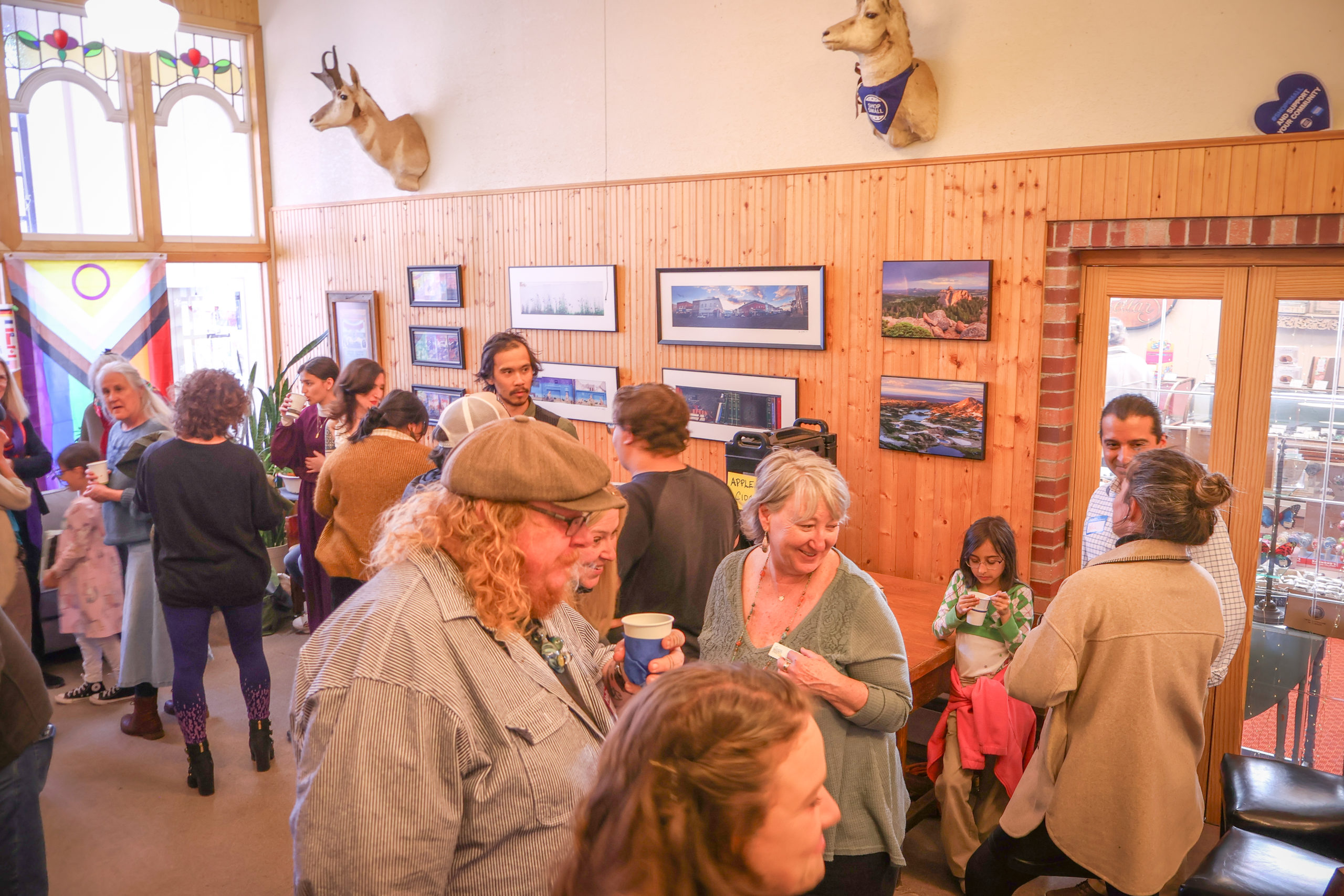Dr. Robert Kelly, Anthropology professor, has dedicated his life to empowering the world through archaeological discovery, research and education, with the hope that understanding the past will lead to a brighter future.
This love for archaeology goes back farther than Kelly can even remember.
“I honestly cannot remember a time when I wasn’t interested in archaeology,” Kelly said. “I was just a kid who liked to wander through the woods alone.”
During his sophomore year of high school, Kelly began working for David Hurst-Thomas. The two have remained close for Kelly’s entire career.
“I started when I was 16 years old with working for a professional archaeologist,” Kelly said. “I kept working for him every summer when I was 17, 18, 19 and 20, and then I started doing my dissertation field work. And today he and I coauthor textbooks.”
The opportunity for Kelly to work with professional archaeologists was particularly formative for him.
“When I was 16, a sophomore, a guidance counselor showed me a pamphlet for an organization called Earthwatch, which matches interested lay persons with scientists who need laborers out in the field,” Kelly said. “Archaeologists always need labor. It was great piece of good luck for me, and I really have that high school guidance counselor to thank. If he hadn’t dragged me into his office one day, I don’t know what I’d be doing.”
Kelly earned degrees at Cornell University, the University of New Mexico, and the University of Michigan while engaging in filed work around the world. He moved to Wyoming in 1997 to join the UW Archaeology department and continue his research.
“I love Wyoming, and I like living in a small town,” Kelly said. “I switched the real focus of my research to Wyoming because I could approach the same research questions, and having two small children, it was easier to work from my own backyard so to speak.”
Kelly’s research has covered lots of territory, from the relationship between environmental change and population density to mammoth kill sites and more. He has published over 100 scholarly articles, two textbooks and one popular book.
His most recent book, “The Fifth Beginning: What Six Million Years of Human History Can Tell us About Our Future,” published in Oct. 2016, helped Kelly realize his love for writing.
“I’d like to write another popular book because I really enjoyed doing that,” Kelly said. “In the meantime I’ve wanted to write more short pieces for the public about what archaeology has to say about the direction the current administration is taking.”
Kelly is also passionate about his teaching. He said he hopes to provide students with a deeper appreciation for archaeology and the effort it takes to discover things about the past.
“I want people to leave with an appreciation of how difficult it is to acquire information about the past and that we have a lot of pretty clever ways to extract information from some pretty humble objects,” Kelly said.
Kelly said he also hopes to instill in his students a deeper understanding of how the past affects the future.
“We can expect the nature of human organization to be radically altered. I think [archaeology] is empowering,” Kelly said. “No one really thinks about that. We’re in a period of change, and we should be thinking about what direction we want that change to go. We get to create it.”
During his time as a professor Kelly has also served as the president of the Society for American Archaeology and is currently the editor of the Society’s flagship journal, “American Antiquity.”
He has received many awards during his career thus far, including the Extraordinary Merit in Research at UW in 2017. One award that Kelly said he was particularly proud of was the Graduate Student Mentoring Award, which he received last year.
“That was really important to me because I never really know if I’m having an impact on my students or not, and students had to write letters of support for that nomination,” Kelly said. “It was touching and invigorating to know that I had an impact on the lives of my graduate students.”
As he moves into the future, Kelly hopes to continue teaching and researching.
“Most archaeologists eat, drink, sleep, breathe archaeology. It’s what we do,” Kelly said. “The field has taken me literally around the world, so I really enjoy that part of it. My ideal retirement would be to just go visit field projects around the world and volunteer my time.”



